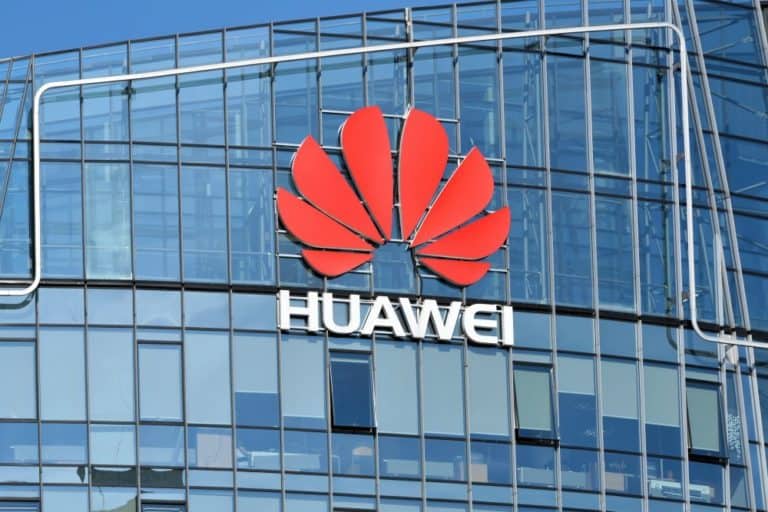Amendments to an Irish telecoms bill could be aimed at excluding Chinese companies.
The Irish government has amended its Communications Regulations Bill 2022 to include additional provisions that could be used to ban certain companies from trading on the Internet. The bill was designed to incorporate the European Electronic Communications Code (EECC) into Irish law.
The EECC was established by the European Parliament and the European Council. This new Irish bill is necessary, they say, because “the electronic communications sector had seen rapid development in the ten years since the previous European regulatory framework was established, including the emergence of Over the Top (OTT) players to challenge the traditional telecommunications market, increased demand for connectivity globally requiring an increase in High Capacity Networks (HCN) and the development of next-generation mobile connectivity such as 5G.”
The amendment takes specific aim at vendors “being subjected to interference by a third country”. While Chinese firms such as Huawei and ZTE are not mentioned specifically, the wording does seem to allow the Irish authorities to exclude Chinese vendors if they wish. It awards extraordinary power to the Minister for the Environment, Climate and Communications to assess whether a company is a high-risk vendor, and to take steps once such an assessment is made.
Following the US lead in isolating Chinese vendors
The Irish bill allows for the Minister, having identified a company as a “high-risk vendor”, to take steps such as “prohibit the installation by a provider of critical components made or supplied by a high-risk vendor”, or even to “place a restriction, expressed as a percentage of the total quantity of critical components used by the provider on their network or any part of their network, on the quantity of critical components made by a high-risk vendor that a provider may use”.
These measures seem to echo bans against Huawei that were introduced by the US under President Trump. It now remains to be seen how the Chinese tech giant will react. They could take Ireland to court, as they did with Sweden in 2021.
